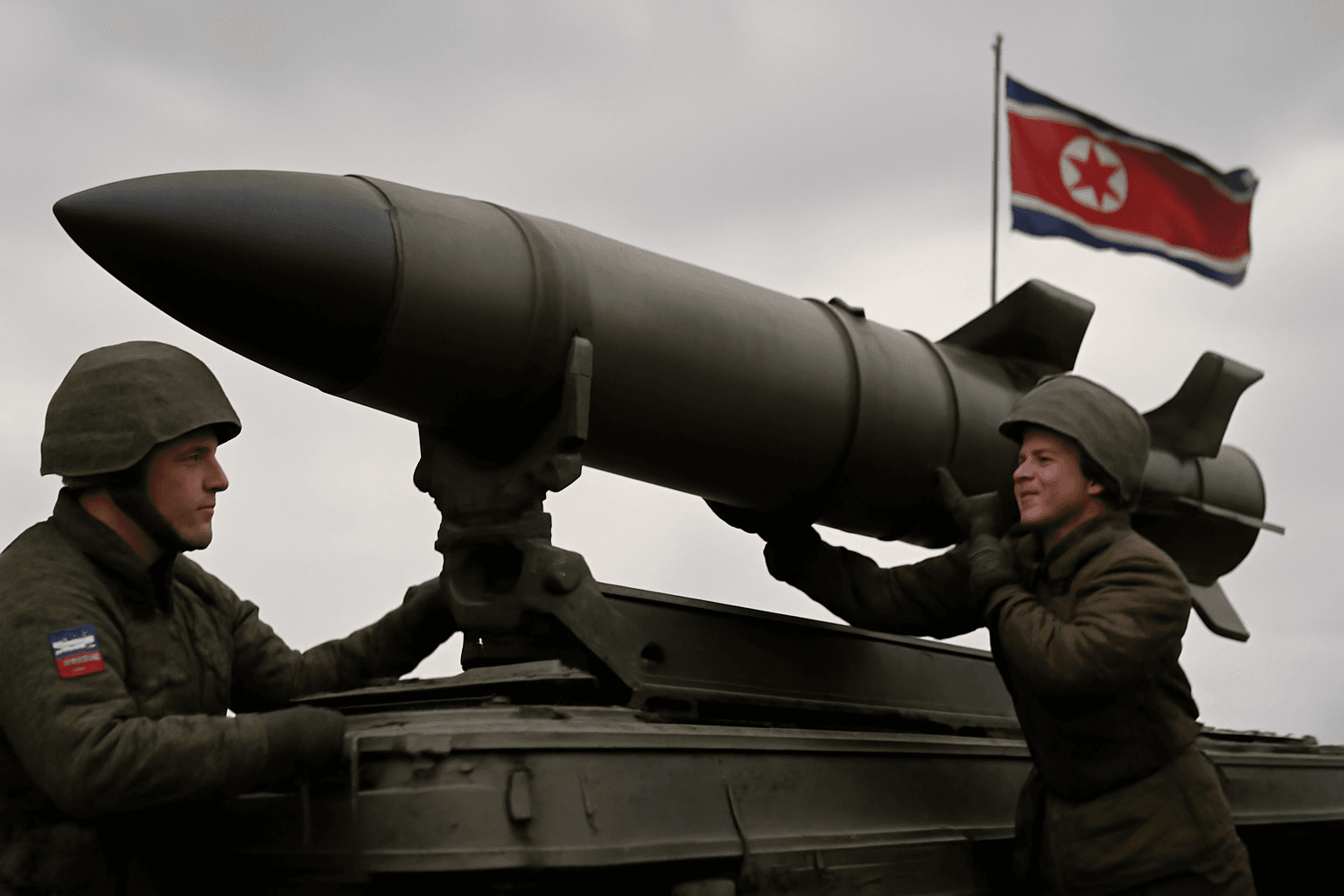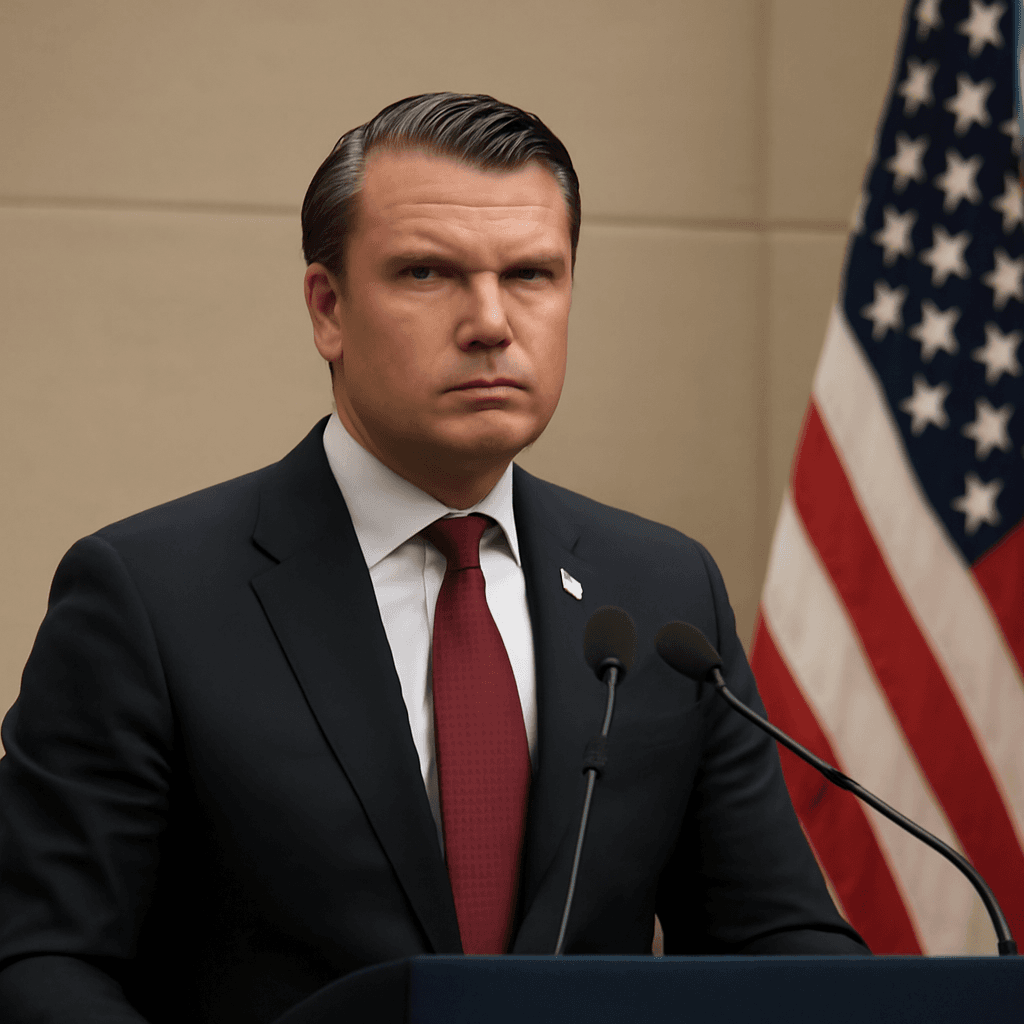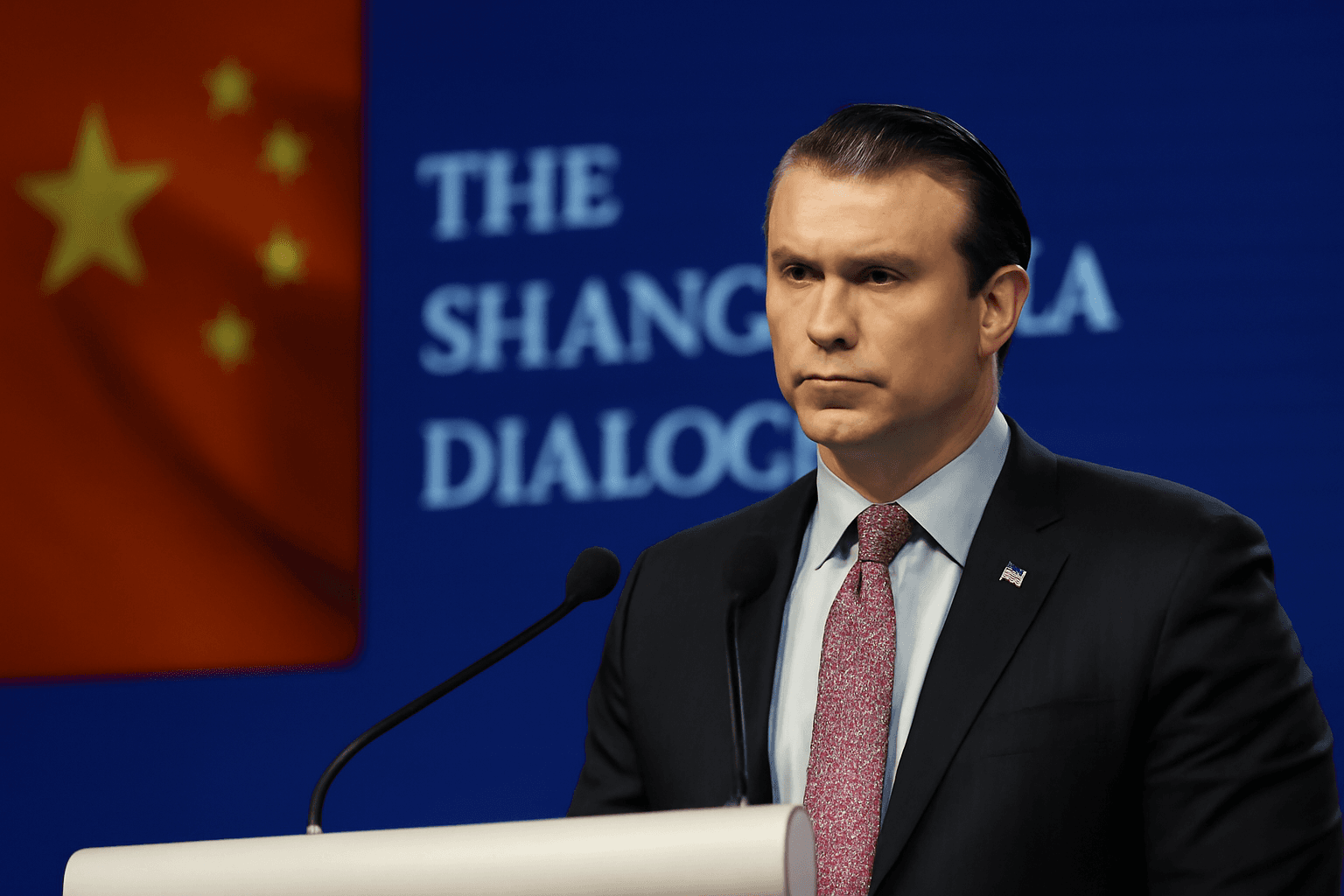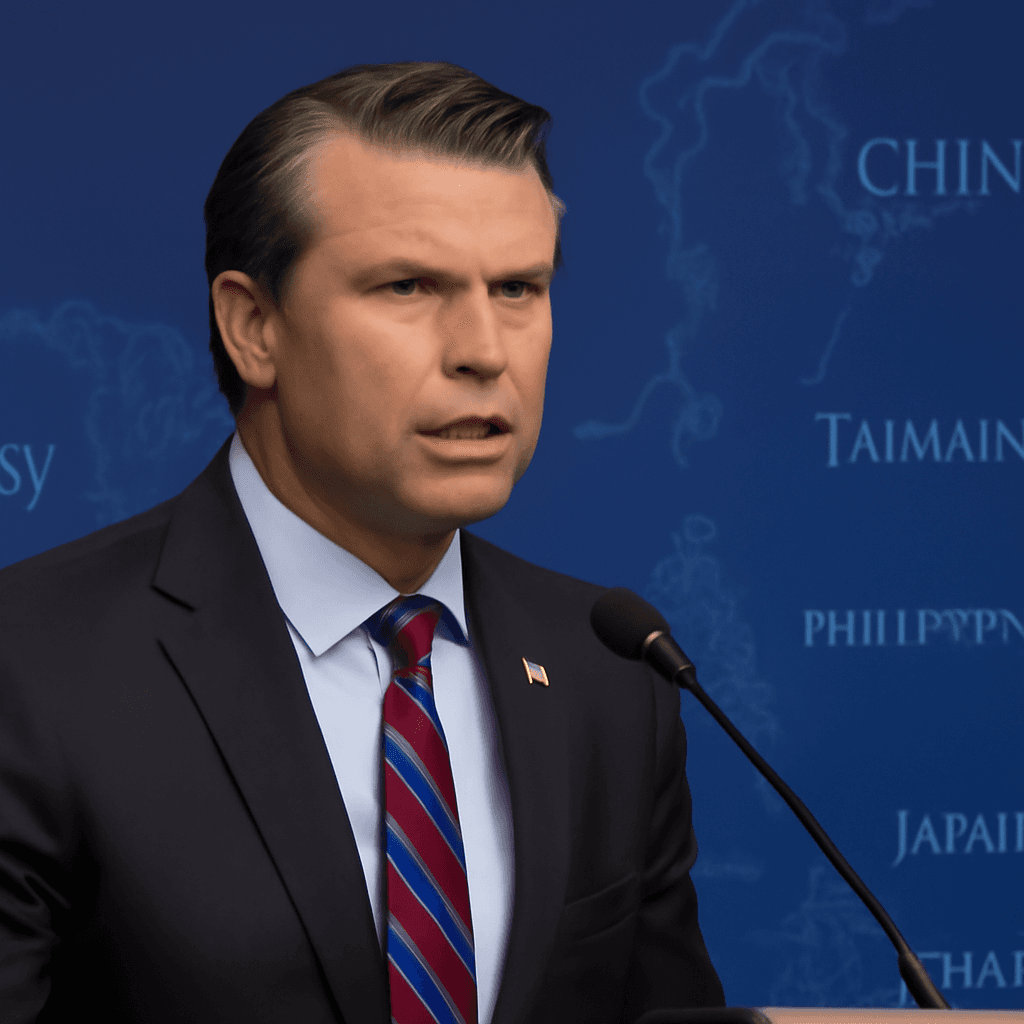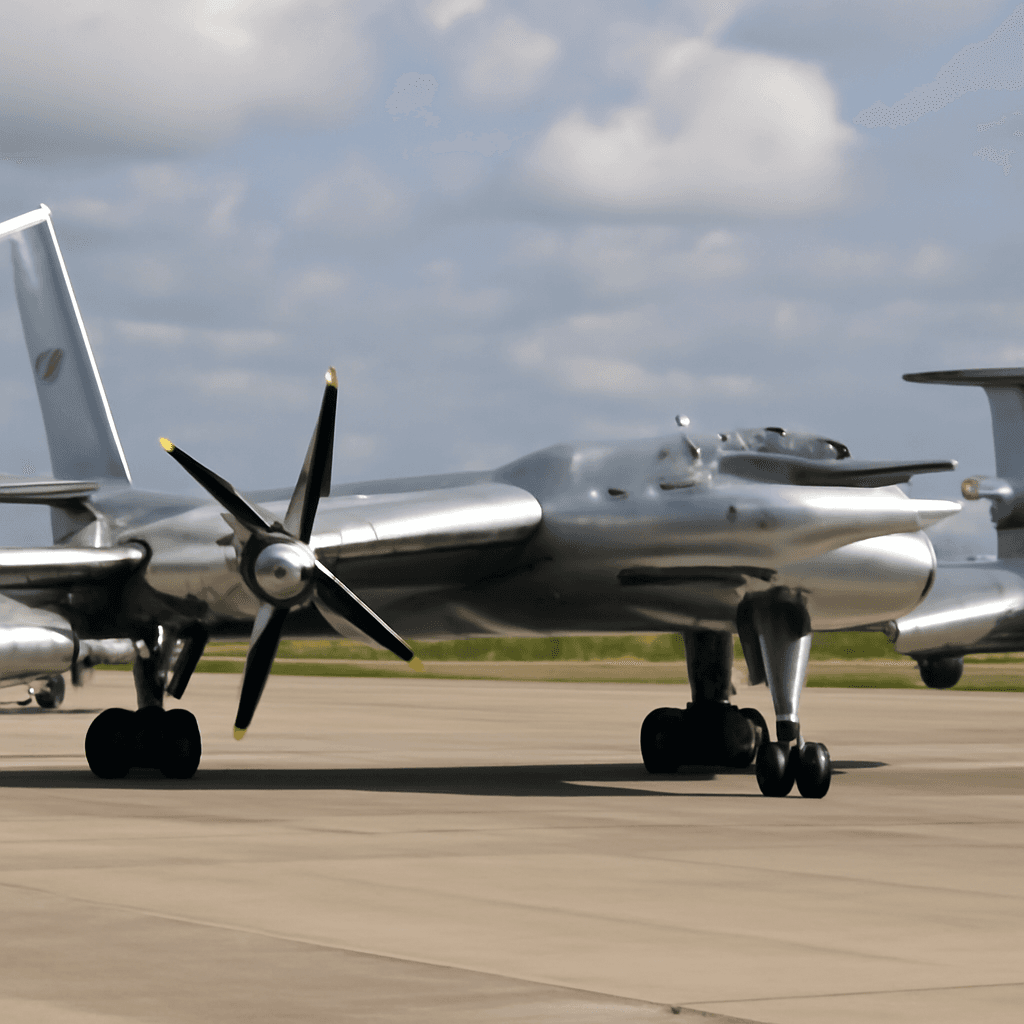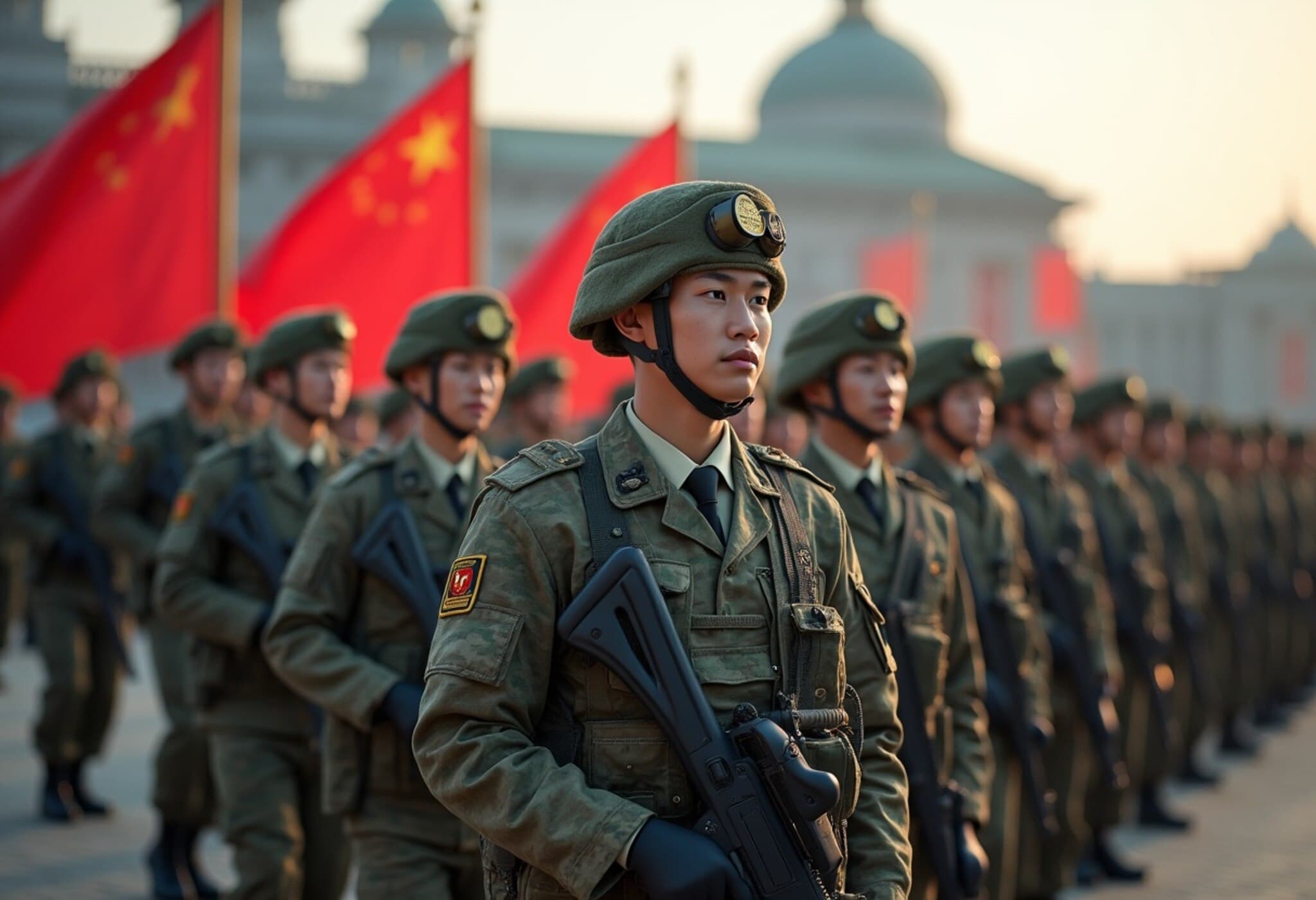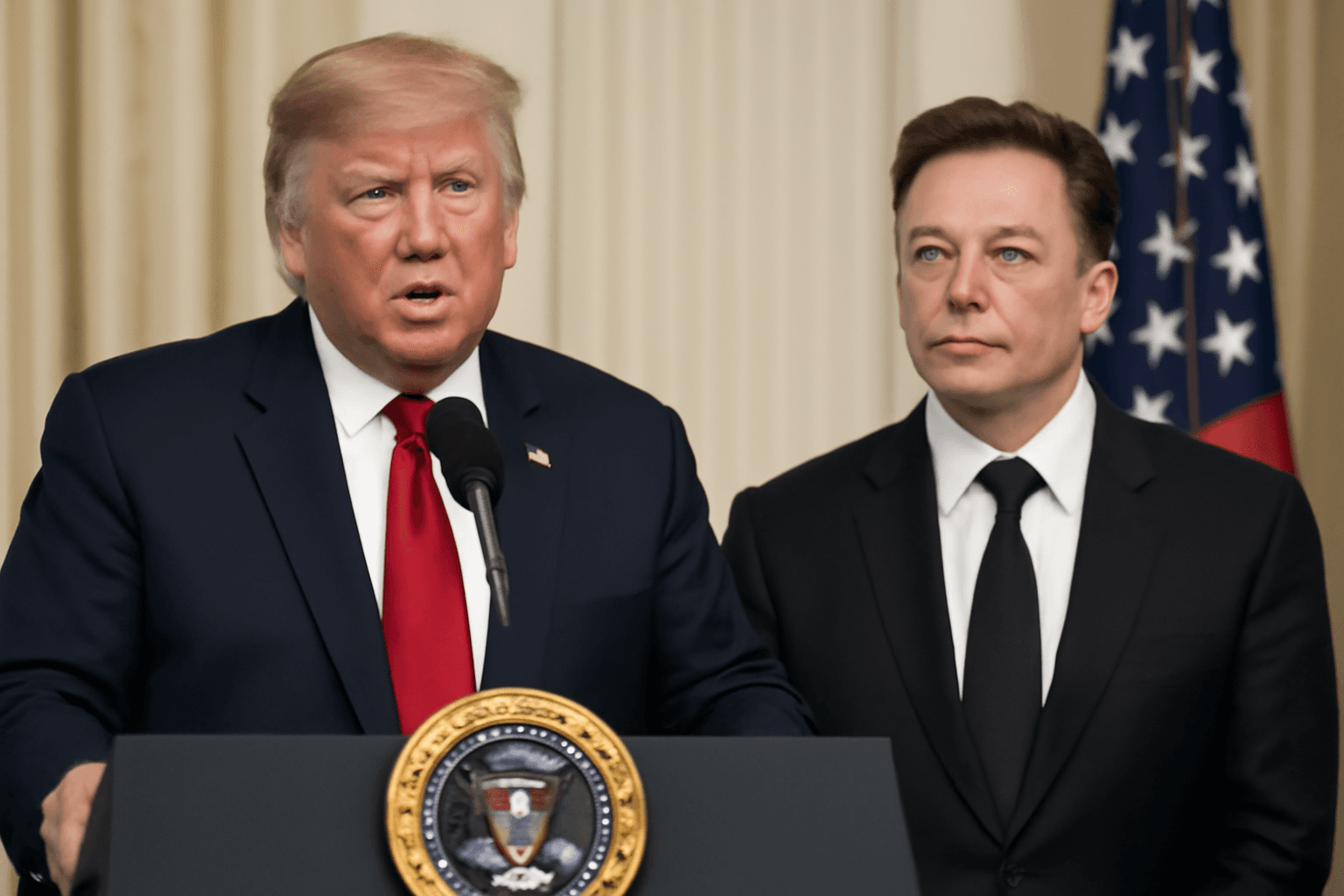Between September 2023 and December 2024, North Korea provided Russia with over 100 ballistic missiles and nearly nine million rounds of ammunition, including artillery shells and rockets, according to a report by an 11-member international sanctions monitoring team. These transfers facilitated Russian military operations during its ongoing invasion of Ukraine, particularly impacting civilian infrastructure in cities such as Kyiv and Zaporizhzhia.
The military support extended beyond arms shipments, including approximately 14,000 soldiers and three heavy artillery units deployed to Ukraine. In exchange, Russia reportedly supplied North Korea with advanced electronic warfare equipment and at least one Pantsir mobile air defense system capable of targeting aircraft, cruise missiles, precision-guided munitions, and unmanned aerial vehicles.
The arms exchanges were conducted covertly via Russian cargo ships. Furthermore, Russia aided North Korea's missile development by sharing ballistic missile data derived from attacks on Ukrainian civilian targets. Moscow also supplied Pyongyang with refined petroleum products, circumventing financial sanctions designed to constrain Russia’s war efforts.
While earlier intelligence had indicated North Korean involvement through personnel and munitions support in the conflict, this latest comprehensive report highlights the extensive scale of military cooperation. The report underscores significant violations of United Nations Security Council sanctions against both North Korea and Russia, including breaches of arms embargoes.
North Korea has been subjected to a UN arms embargo since 2006 following its nuclear tests. Despite this, military ties between Moscow and Pyongyang have intensified since Russia’s invasion of Ukraine, culminating in a mutual military assistance treaty signed in June 2024 during a visit by Russian leadership to North Korea. This treaty pledges military assistance if either nation faces armed invasion, aligning ironically with aspects of the UN Charter.
The multinational monitoring team, established in October 2024 after the previous UN panel’s mandate was blocked, gathered evidence including analysis of short-range Hwasong-11A ballistic missile debris retrieved from Ukraine and documentation of recovered rocket launcher ammunition and anti-tank missiles. Photographic evidence was presented of North Korean weapons being transported through Russia.
Between January and mid-December 2024, Russian-flagged cargo vessels reportedly delivered up to nine million rounds of mixed artillery and rocket ammunition in 49 shipments. Earlier shipments between August 2023 and March 2024 added approximately six million rounds. Missile debris linked to North Korean munitions has been found in multiple locations across Ukraine, including Kharkiv and Bila Tserkva.
The report also reveals that North Korean troops received training in Russia’s Kursk region and were deployed in combat operations, further demonstrating the depth of cooperation. This extensive collaboration poses new challenges for enforcement of international sanctions and legal frameworks.
The monitoring team warned of a complex network of illicit activities, including efforts by Russia to assist North Korea in evading financial scrutiny by global bodies such as the Financial Action Task Force. The alliance constitutes a growing threat to global non-proliferation and sanctions regimes.
The team recommended enhanced monitoring of financial transactions, stringent inspections of individuals traveling between the two countries, and international cooperation to counteract violations of sanctions and agreements.
Both Russia and North Korea have denied any transfer of arms or military cooperation in response to the report.

